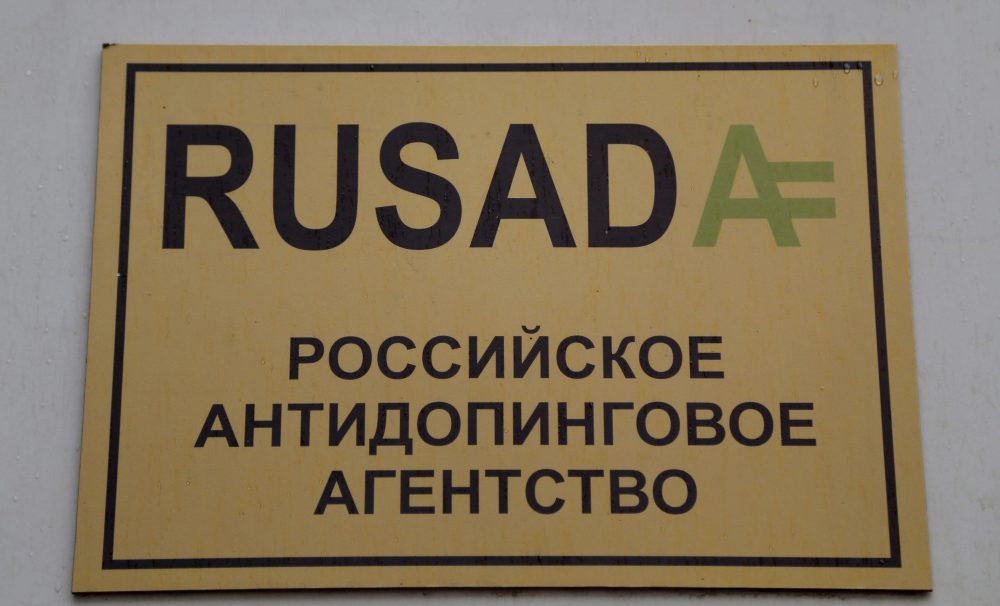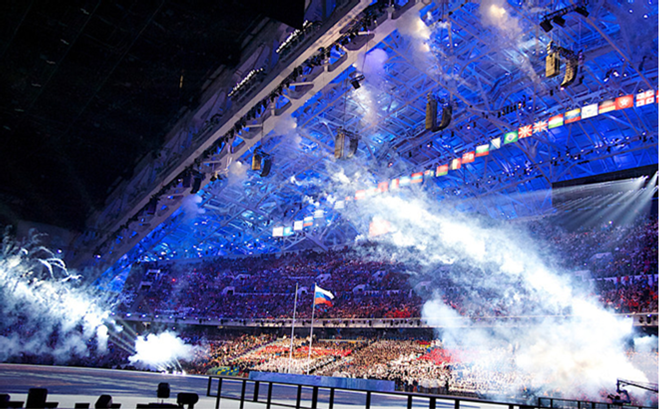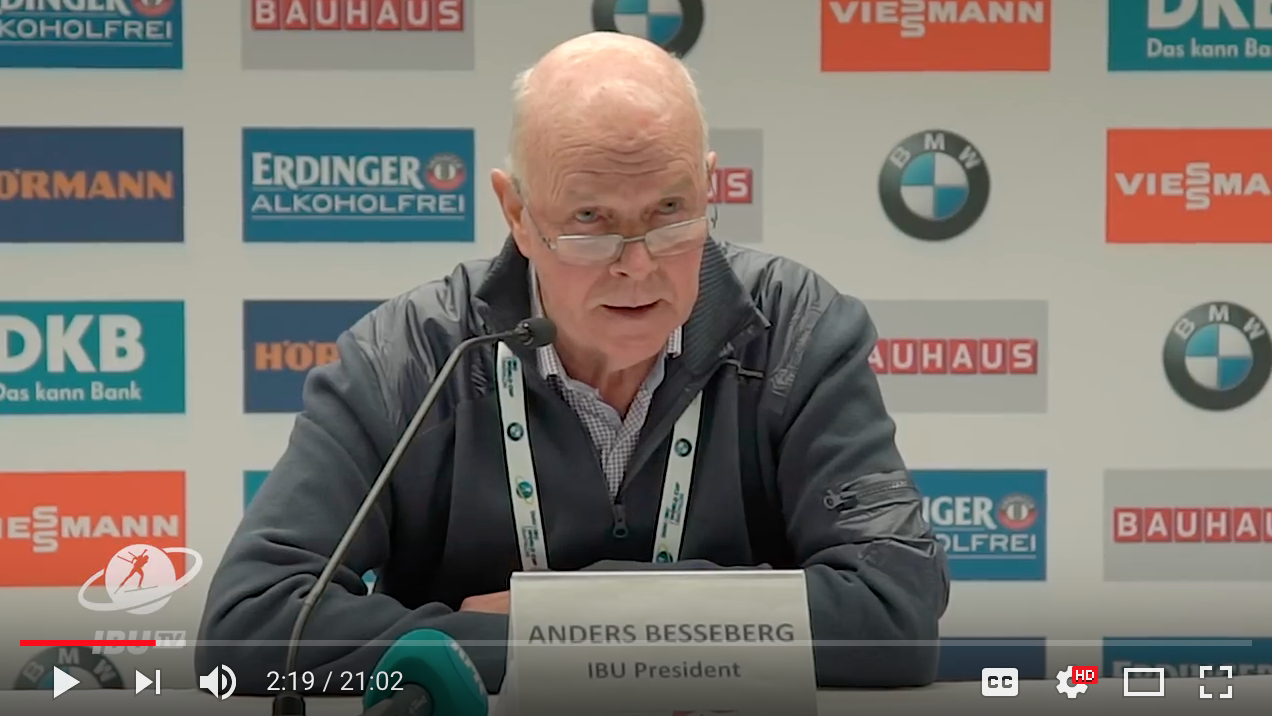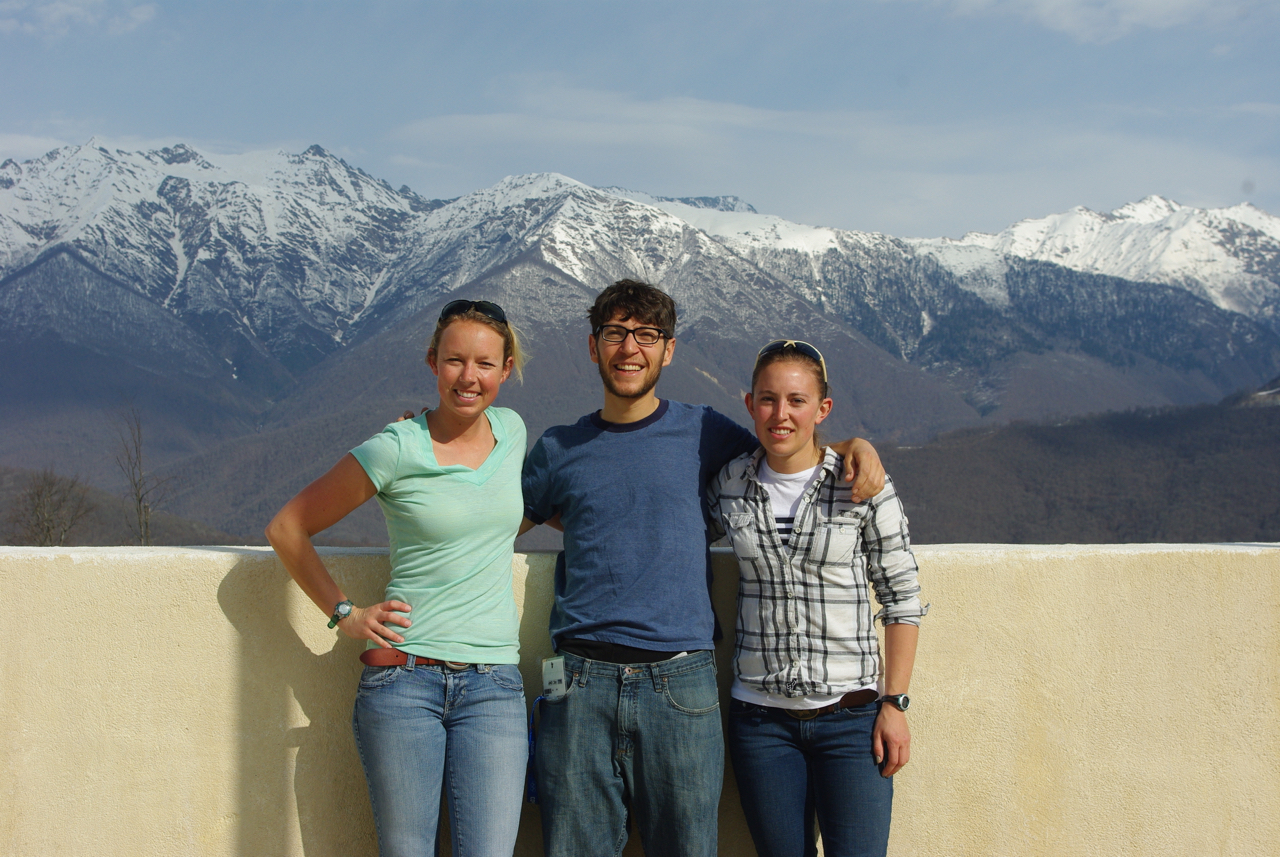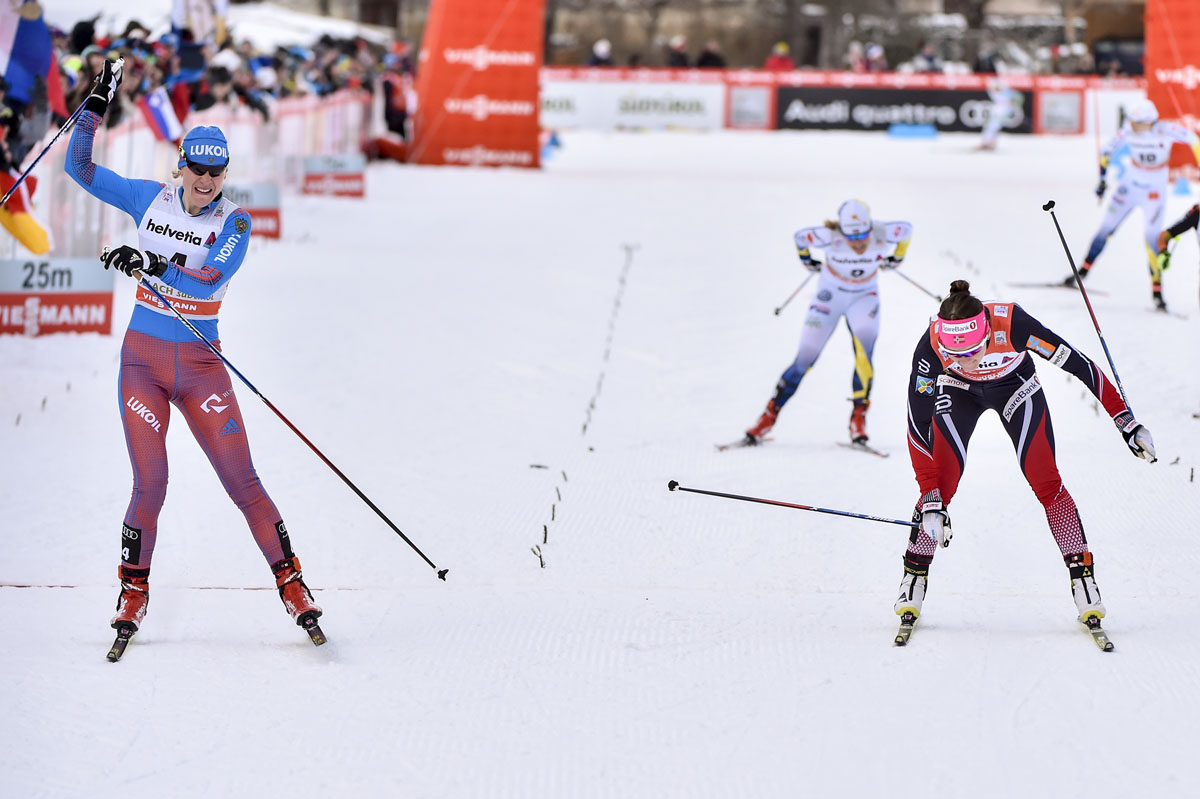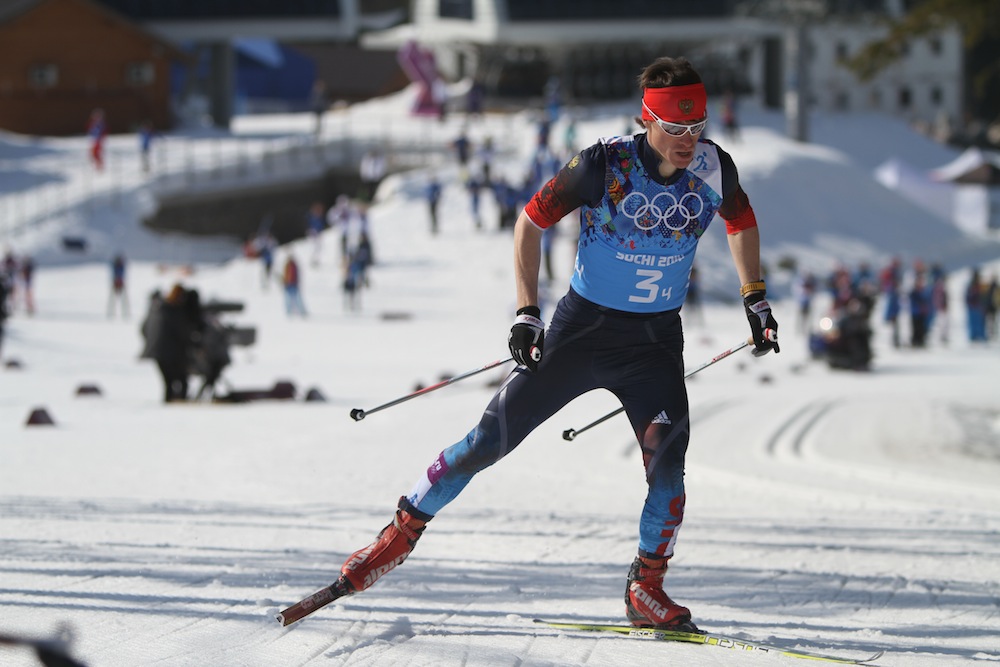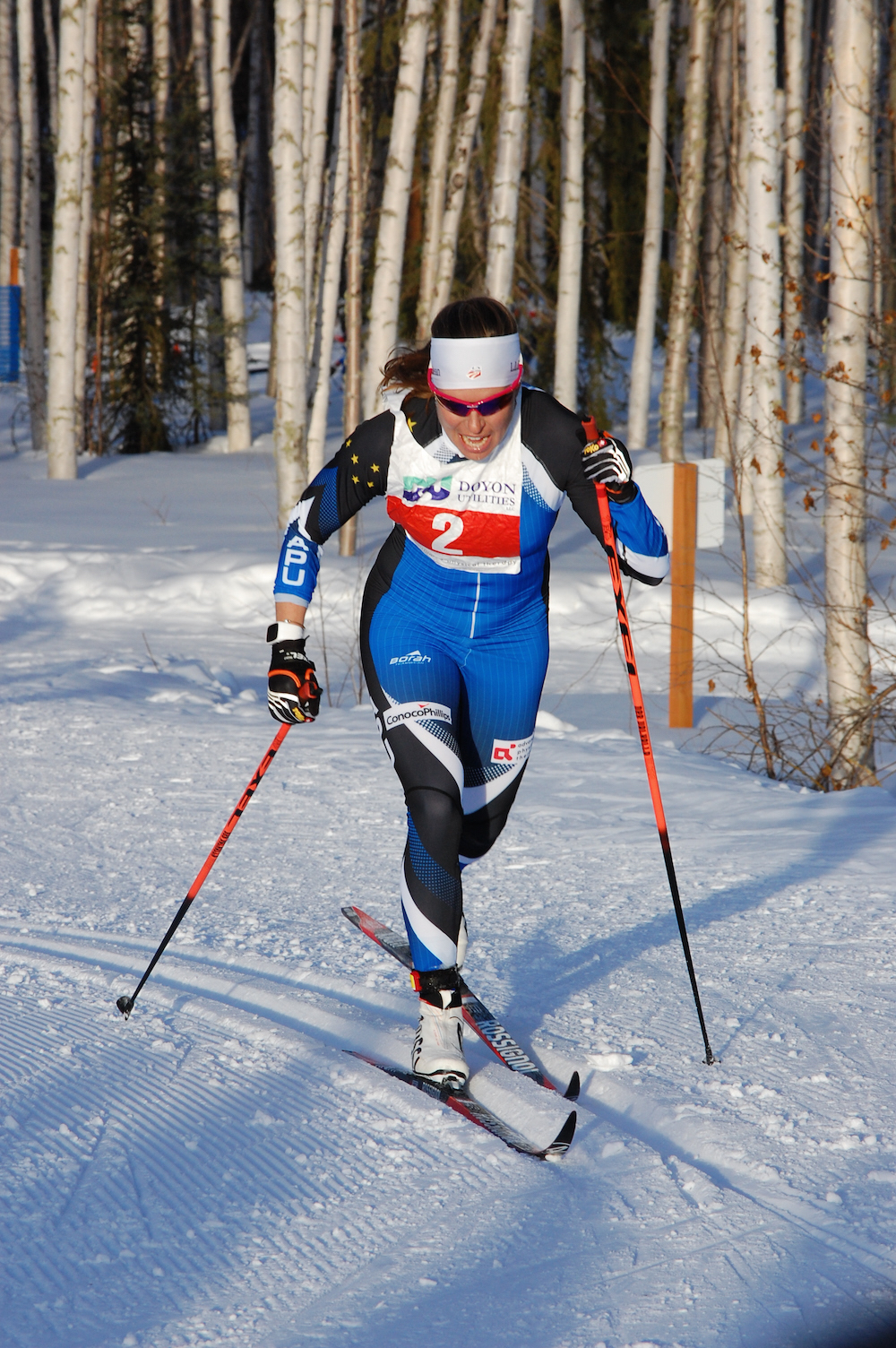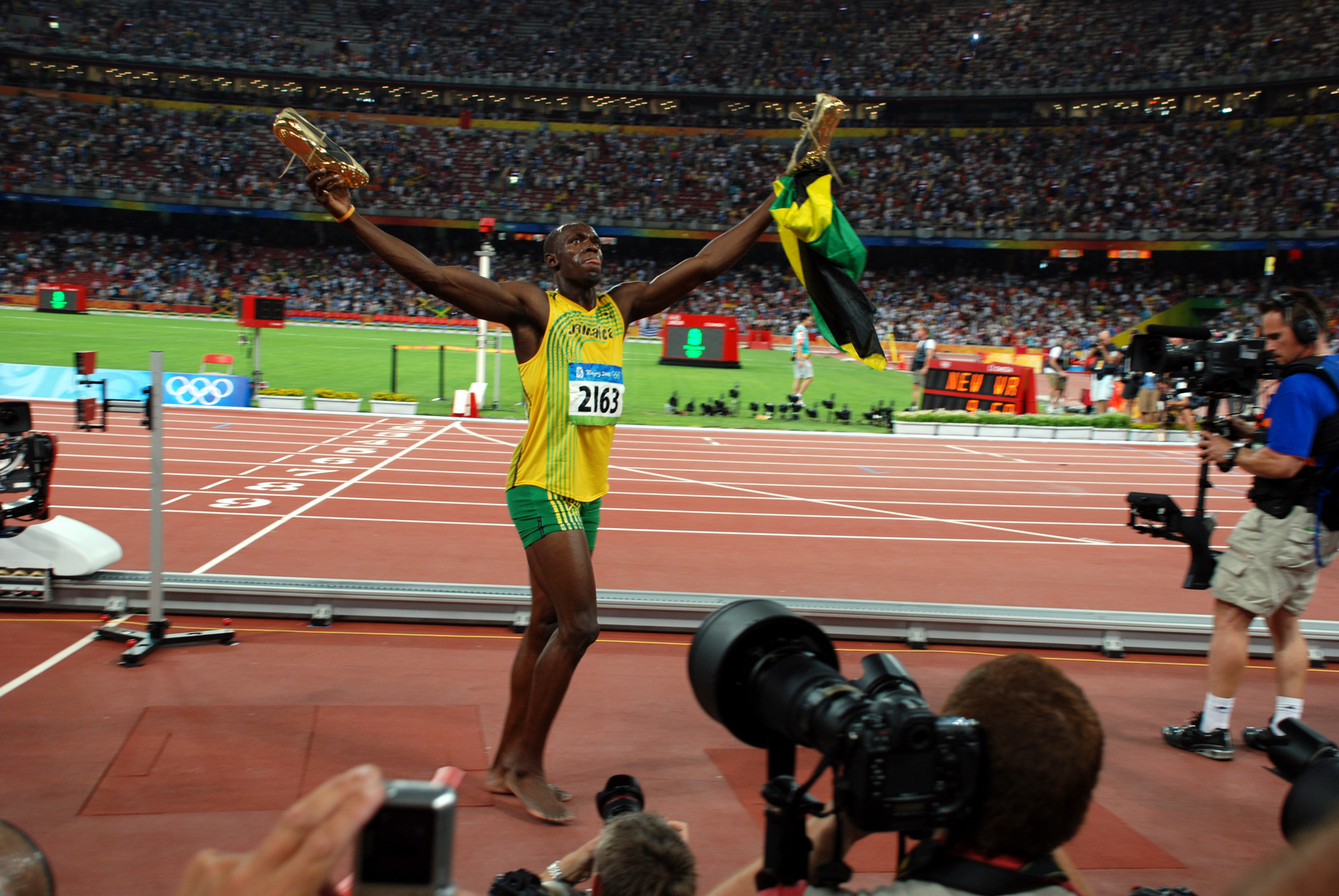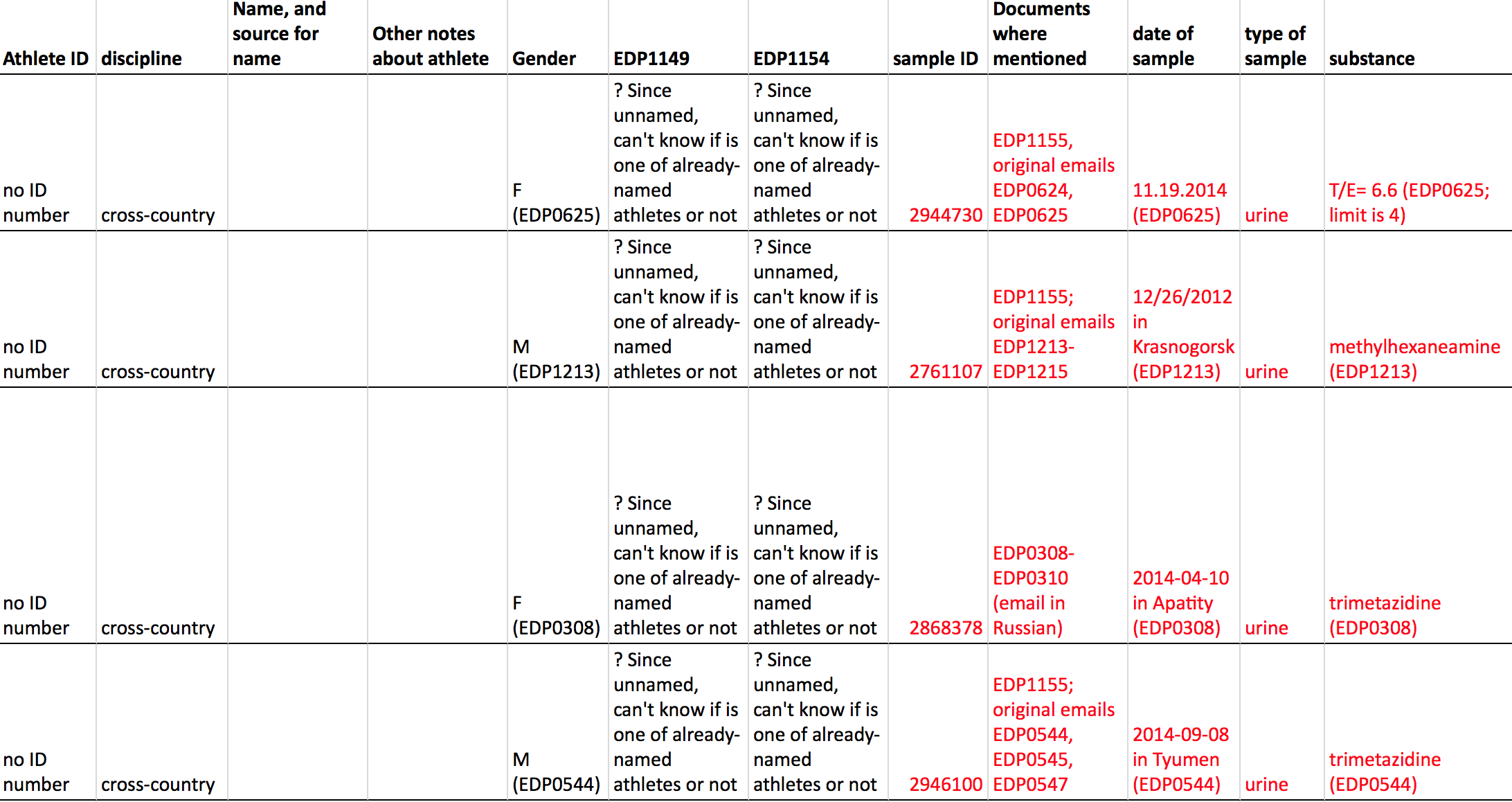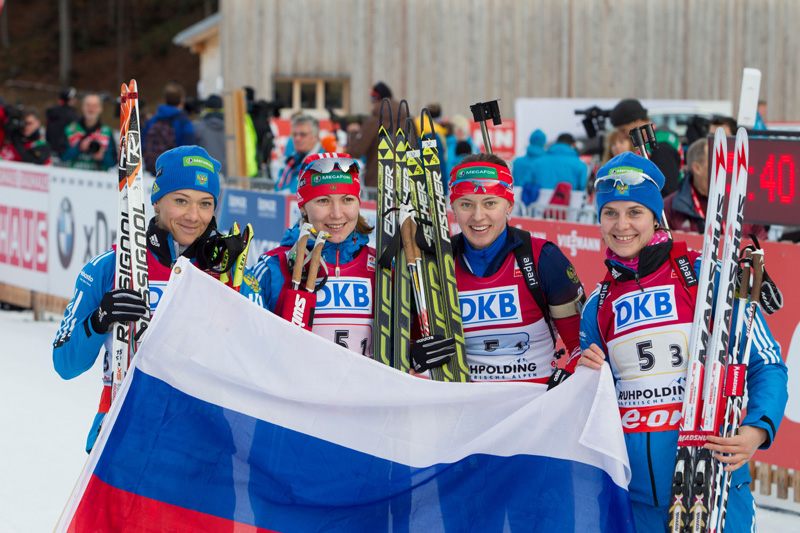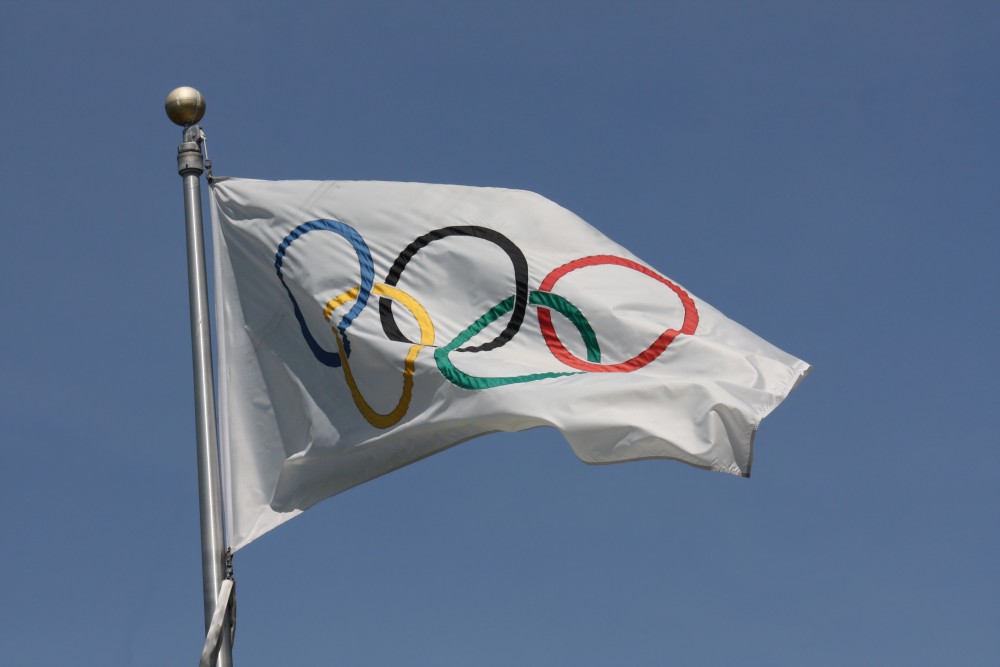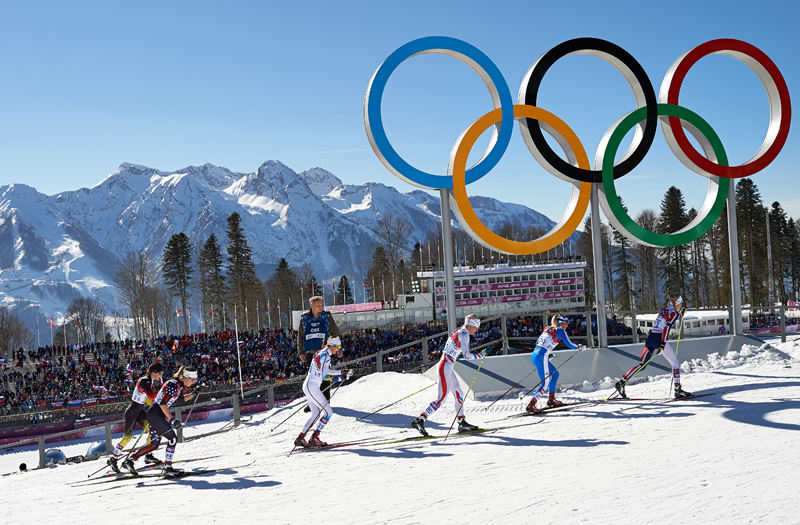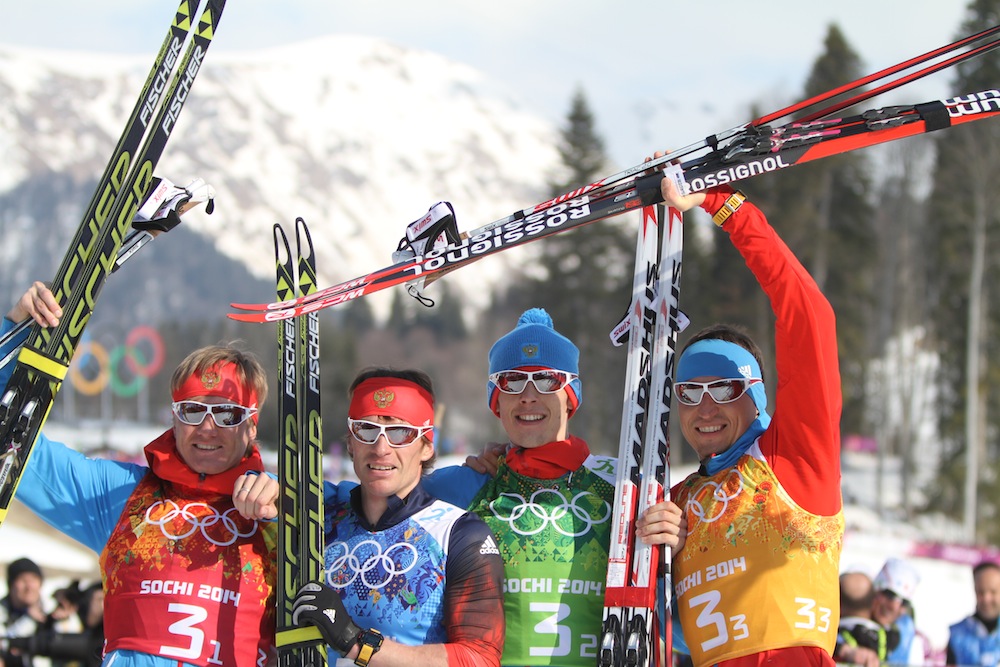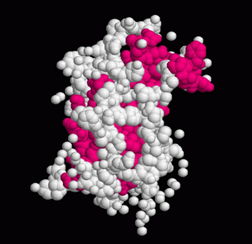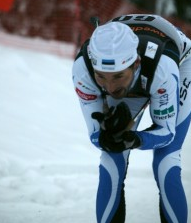The Air That We Breathe: Medications, Rules, Exemptions, and Advantages
Cross country skiing is an aerobic sport: the amount of oxygen entering our lungs is one of the factors directly affecting our performance. It seems to make sense: more oxygen in, more fuel provided to the muscles, greater levels of performance in endurance events. On the other hand, some athletes suffer from external factors limiting the amount of oxygen they can utilize to give energy to their muscles. One such factor is asthma, a condition...



